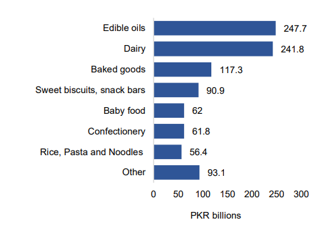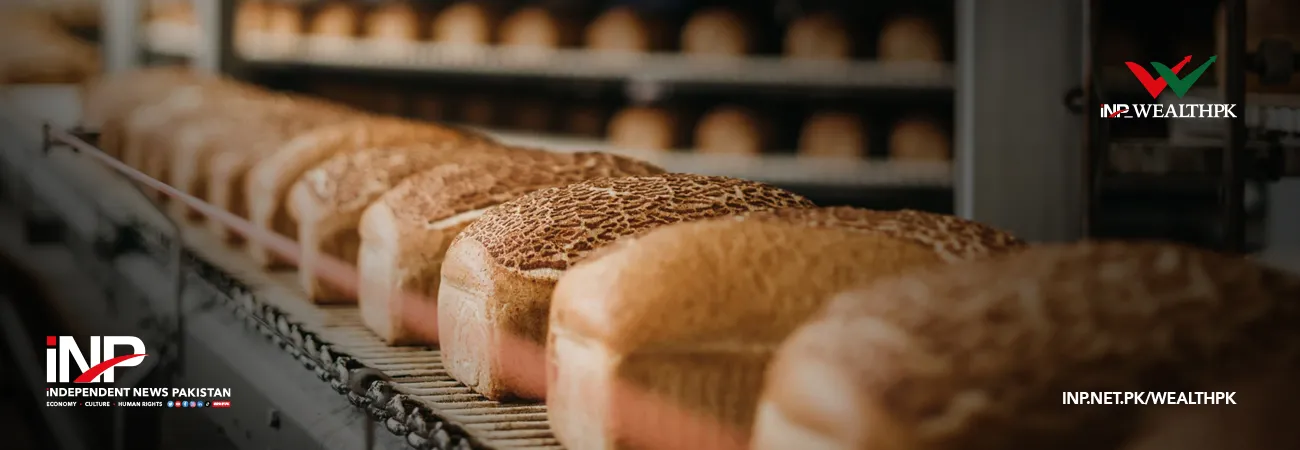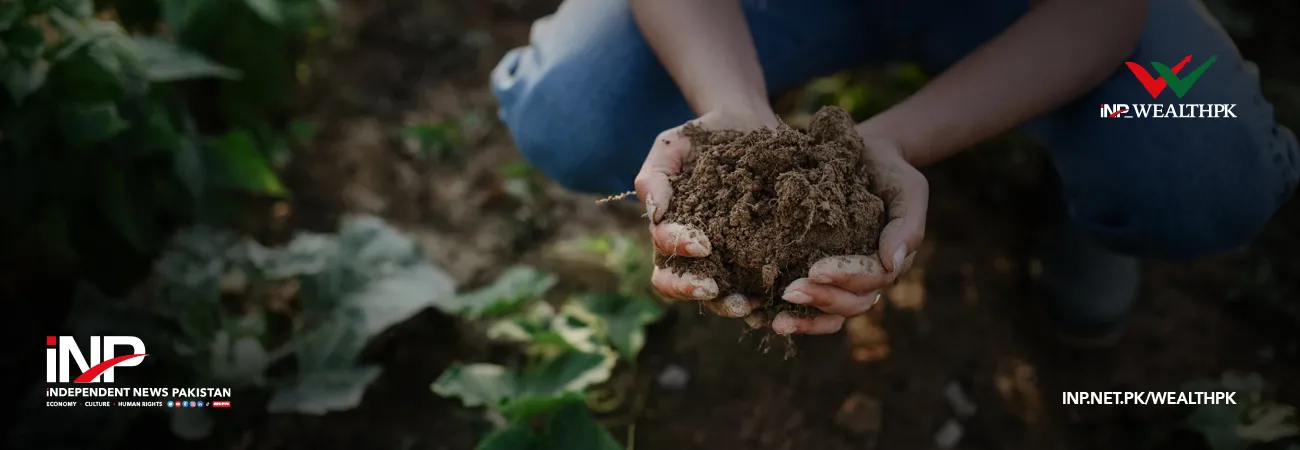INP-WealthPk
Kanwal Naseer

The food processing industry in Pakistan is recognised as one of the most promising sectors for both industrial and export growth, reports WealthPK. According to a report by International Trade Centre (ITC), Pakistan's food and beverage processing sector is the second largest in the country, following textiles and clothing. It accounts for 27% of value-added production and 16% of employment within the manufacturing sector. The food industry in Pakistan can be broadly categorised as frozen foods (including canned foods), fruits and vegetables, edible oils and fats, beverages, and bakery and confectionery products. Speaking to WealthPK, Fahad Barlas, vice-president of Rawalpindi Chamber of Commerce and Industry, said: “The rapid urbanisation has resulted in a notable rise in the sales of packaged foods and beverages across the country.”
“As more people migrate to urban areas, their lifestyles and eating habits are evolving, driving the demand for convenient and ready-to-consume food options. This shift has significantly boosted the packaged food and beverage market, reflecting changing consumer preferences in densely populated regions,” he noted. Barlas further said that the frozen food market in Pakistan is experiencing significant growth, with processed food items increasingly gaining popularity over traditional foods. “This shift is particularly evident in the rising demand for higher value-added products, such as frozen ready-to-cook processed meats and poultry.”

According to Trade Development Authority of Pakistan, packaged food sales in Pakistan are dominated by edible oils (26%), dairy products (25%), baked goods (12%) and sweet biscuits and snack bars (9%). “The industry faces several issues that need to be addressed to fully realise its export potential,” Barlas stressed, adding: “Key issues include the absence of modern technology, failure to ensure consistent quality, meet international food safety standards and overcome logistical hurdles. Additionally, there is a need for better cold chain infrastructure. These structural deficiencies pose substantial obstacles to the sector’s expansion.”
The Rawalpindi chamber’s vice-president stressed that the industry must concentrate on emerging markets like Tajikistan, Uzbekistan and Malaysia, which offer more significant export opportunities than developed markets. “By targeting these emerging markets, the industry can tap into new customer base and enhance its overall export potential.” “The government should facilitate market access through trade diplomacy and the establishment of bilateral agreements. By implementing effective strategies, Pakistan can not only meet the growing domestic demand but also position itself as a key exporter in the global market. This proactive approach can enhance the country's competitiveness and create new opportunities for international trade, ultimately benefiting the overall economy,” Barlas underscored.
Credit: INP-WealthPk












